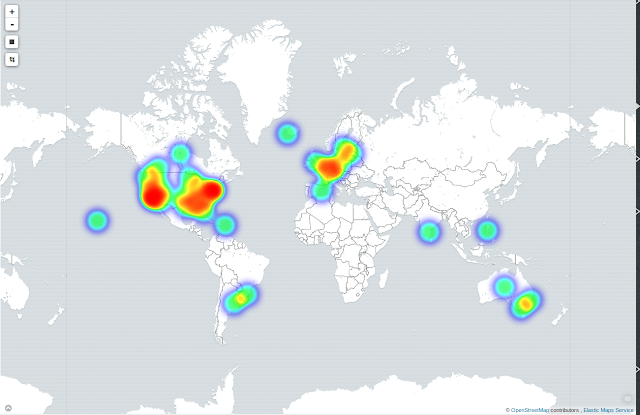Who is behind disinformation campaigns on twitter in German case?
Many people say that Russia is responsible for massive propaganda efforts on social media. On the other hand, we here at the Political Data Science team find mostly social bots, hyperactive users and trolls that are related to the right. We think there might be a strong linkage to the so called AltRight from the US.
Some background information
This has lead to an attack with social bots, the Digital Forensics Research Lab is argueing here.
The Alliance for Securing Democracy published an interesting tool to visualize the influence of Russian media outlet @de_sputnik on twitter.
Is there a way to quantify this?
The data
For 6 month now, we are collecting tweets that are relevant for the German general elections, here at the Technical University of Munich. We combine lists of hashtags with lists of users, politicians, journalists and influencer. In total we have now about 300.000.000 tweets. BUT: This sample is not really representative. We are changing the keywords all the time and this can lead to strange statistical artifacts. Having said this, we still hope that the huge number of messages somehow overcomes this problem but there is no guarantee and everyone should be very careful with this data.
The analysis
Like the alliance for securing democracy we focused on de_sputnik and took all tweets with this word anywhere in the data (meaning we will get tweets from this user, re-tweets, tweets linking to an address with de_sputnik etc.). To identify the US rightwing messages, we took the keywords AltRight and MAGA. Only tweets in German language have been considered for this analysis.
 |
| Sputnik, AltRight and MAGA: weekly tweets |
The picture changes in a dramatical way when we expand the rightwing keywords with gab.ai. Gab is a new social network that is used by more and more users from the AltRight. For quite some time, we have the impression that German rightists are connecting with the AltRight over this platform.
 |
| Sputnik, AltRight, MAGA and gab.ai: weekly tweets |
Of course, not every user that is linking a tweet or his profile to gab.ai in Germany is rightwing. But we have found many social bots and trolls where this connection is obvious.
In addition, we can have a look on geo-locations. About 1 % of all tweets contain geo data. And we know that social bots normally do not send geo-locations so this one per cent is smal but quite relevant. First the worldwide view on this data:
In addition, we can have a look on geo-locations. About 1 % of all tweets contain geo data. And we know that social bots normally do not send geo-locations so this one per cent is smal but quite relevant. First the worldwide view on this data:
 |
| AltRight, MAGA und gab.ai |
We can see that - of course - most of the tweets with the keywords come from the US. But Europe is the second hot-spot. Taken a closer look on Europe we see that most tweets come from (west-)Germany. In the Netherlands, the keywords are quite popular as well.
 |
| AltRight, MAGA und gab.ai in Europa |
Our data proves that there is as well Russian information and information from AltRight/US-rightwing groups. Our impression is that the rightwing influence might be much stronger but due to biases in the data, this cannot be proved here. And don't forget: Twitter is not the real world.
Kommentare
Kommentar veröffentlichen